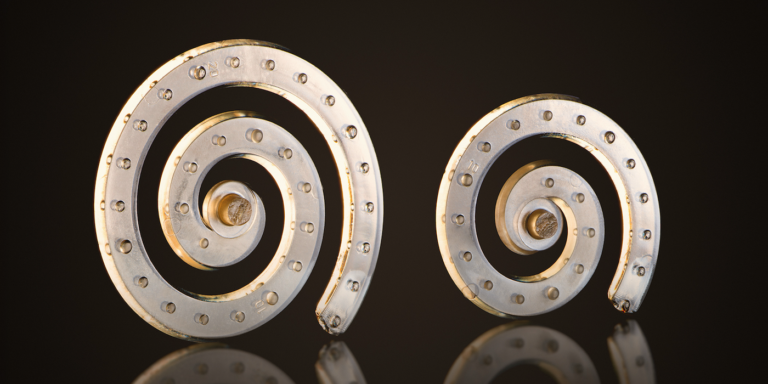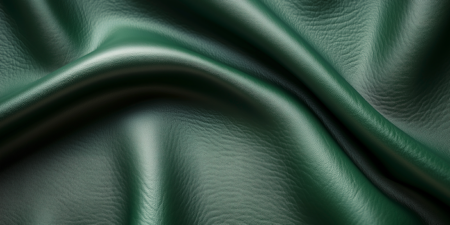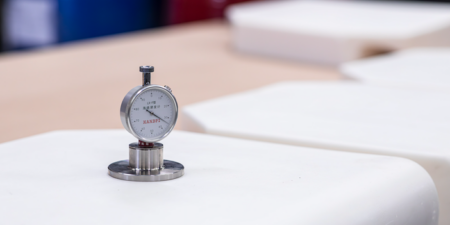BASF is expanding its Ultrason P product range with a low-viscosity grade that is suitable for manufacturing large, complex-shaped components such as inflight catering dishes and heat-resistant containers with thin-walled geometries. The new grade, named polyphenylsulfone (PPSU) Ultrason P 2010, is claimed to offer improved flow behaviour in injection moulding while maintaining the mechanical properties of Ultrason P. This characteristic means that during processing, raw material use, energy consumption and component weight can be reduced: the tool is also claimed to fill up at lower injection pressures and processing temperatures.
The material is available in transparent and opaque versions and offers high chemical resistance, good hot steam sterilisation at 134°C and inherent fire resistance, according to BASF, as well as resistance to aggressive cleaning agents and disinfectants, water and extreme heat. The company also claims that the Charpy notched impact strength is almost 10-times higher than that of other amorphous high-temperature materials (the Charpy test is a high strain-rate test that involves striking a standard notched specimen with a controlled weight pendulum swung from a set height). The transparent thermoplastic is approved for food contact in the EU and the USA.
Catering and aircraft equipment are predicted to be the most important application areas for Ultrason P 2010, with containers and pans made of the PPSU able to be used to prepare food as well as to transport meals and keep them warm. In aircraft, fire resistance is of particular importance, and in the event of fire the inherently flame-retardant plastic is designed to release “little heat” and “hardly any harmful substances” according to BASF. This makes the material suitable not only for serving dishes, but also for seat and lighting cladding, air vents and overhead luggage compartments.





